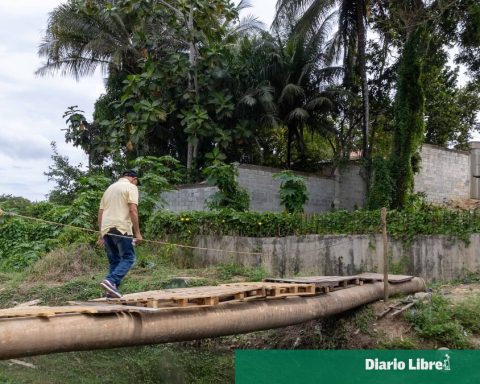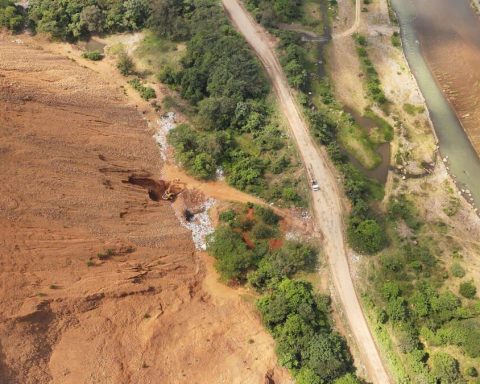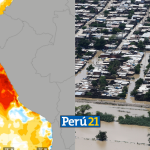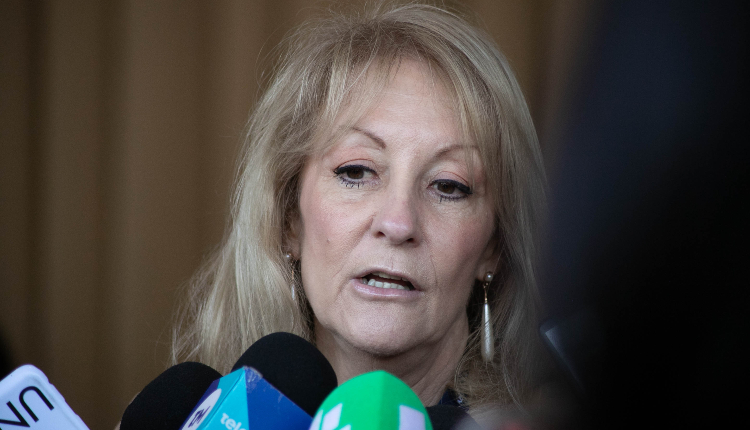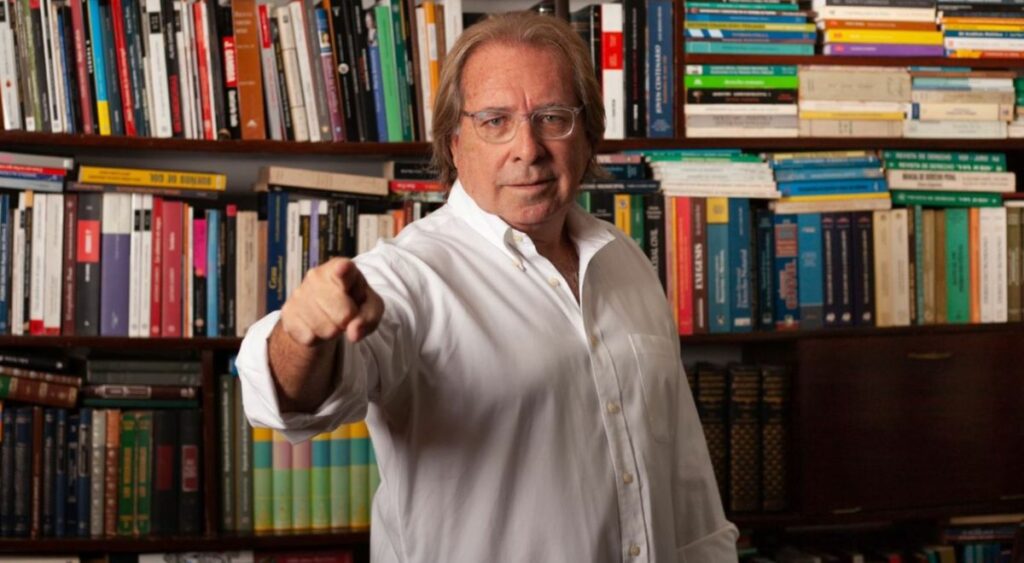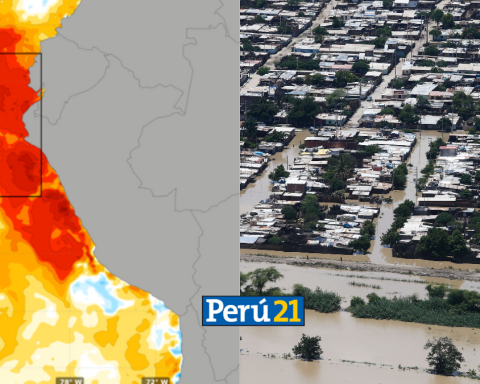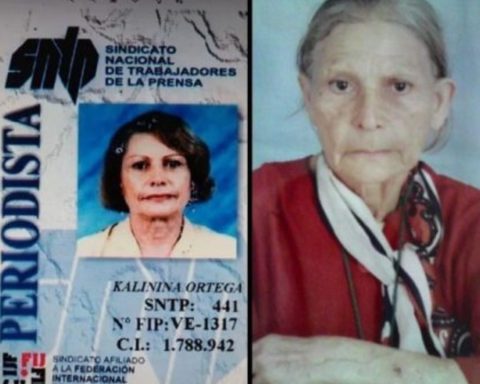The clause of the “social and democratic State of law”, formally adopted in the Dominican Republic, with the Constitution of January 26, 2010, implies that the State is not only based on respect for fundamental rights and the separation and independence of the powers, nor in popular sovereignty, but it is also a State that seeks respect for human dignity.
Much is said about human dignity as the foundation of human rights, something that we are not going to deny. However, its respect can only be achieved once the obstacles to full equality for all are removed, which implies guaranteeing social rights and, as Sánchez Goyanes points out, the social reference of all fundamental rights.
Equality together with freedom, the rule of law, justice, solidarity, ecological balance, among others, is part of the supreme values and fundamental principles that govern Dominican society and this is what our law of laws announces from its inception. preamble. On this we can even go further back because, as Professor Eduardo Jorge Prats points out, from the committee of jurists that drew up the constitutional reform project, it was specified that a true democratic State is one that, based on the recognition of formal equality and material of people, allows the construction of a new citizenship based on equal rights and equal access to rights and assets without which they cannot develop a dignified and full life.
The impact of this supreme value and its dimensions is felt with multiple references in the Constitution, which finds its highest point in article 39, which states: “All people are born free and equal before the law, receive the same protection and treatment institutions, authorities and other people and enjoy the same rights, freedoms and opportunities, without any discrimination for reasons of gender, color, age, disability, nationality, family ties, language, religion, political or philosophical opinion, social condition or staff”.
From the aforementioned article 39, a series of programmatic provisions are foreseen that give an active role to the State in the establishment, promotion and guarantee of equality and, consequently, the punishment of discrimination. As a fundamental precept, equality permeates our entire constitutional text, strengthening the rest of the provisions and, in the words of García Pelayo, it has a coining, generating and germinal nature of other provisions of the Constitution.
The classical way of looking at equality has mutated notably, currently the purely formal conception is outdated, equality before the law is accompanied by material equality, that is, equality in the law. Hence the authorization for regulations that allow granting different treatments to their recipients based on their characteristics, since the State is obliged to verify the real situation of individuals and groups and, from there, ensure that equality is real and effective.
To the extent that the actions of public powers equalize material inequalities, formal equality is strengthened. The equal treatment of all can and should be modulated according to the demands that reality offers, it requires the State to meet social needs and, at the same time, take special care that the attenuation of equal treatment does not produce discriminatory treatment.
In short, the configuration of the Dominican Republic as a Social and Democratic State of Law is not conceived without starting from equality in all its dimensions.

